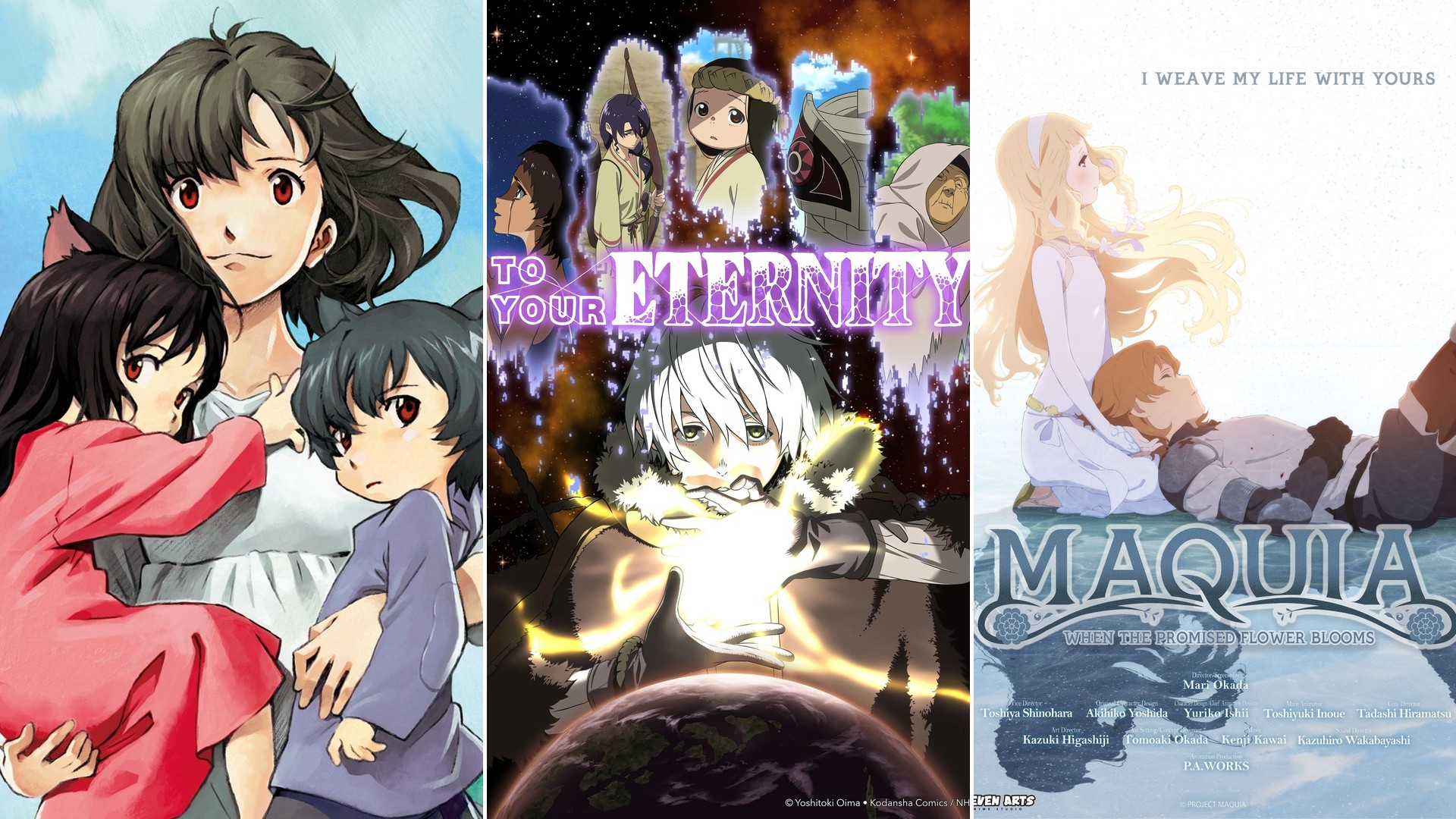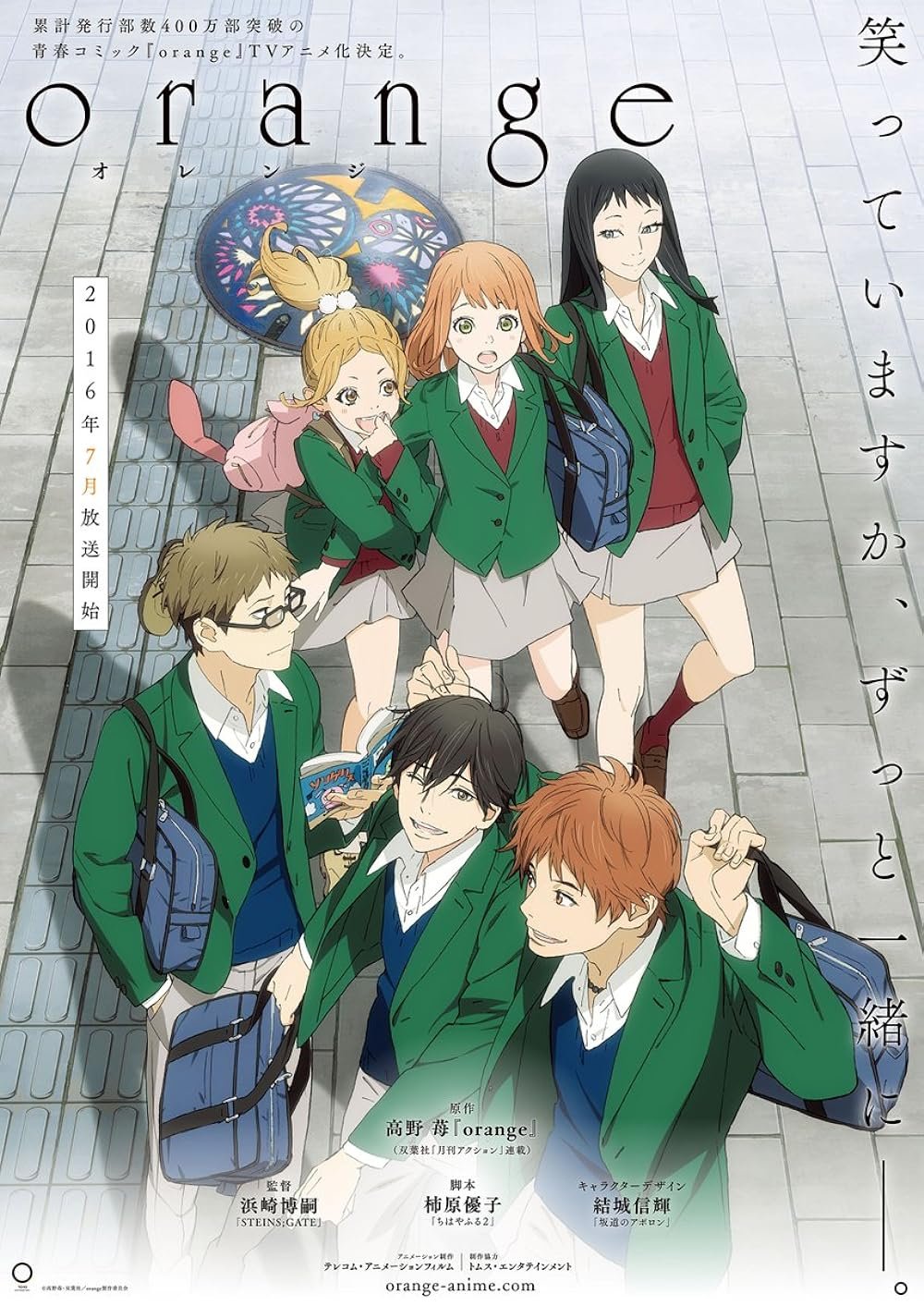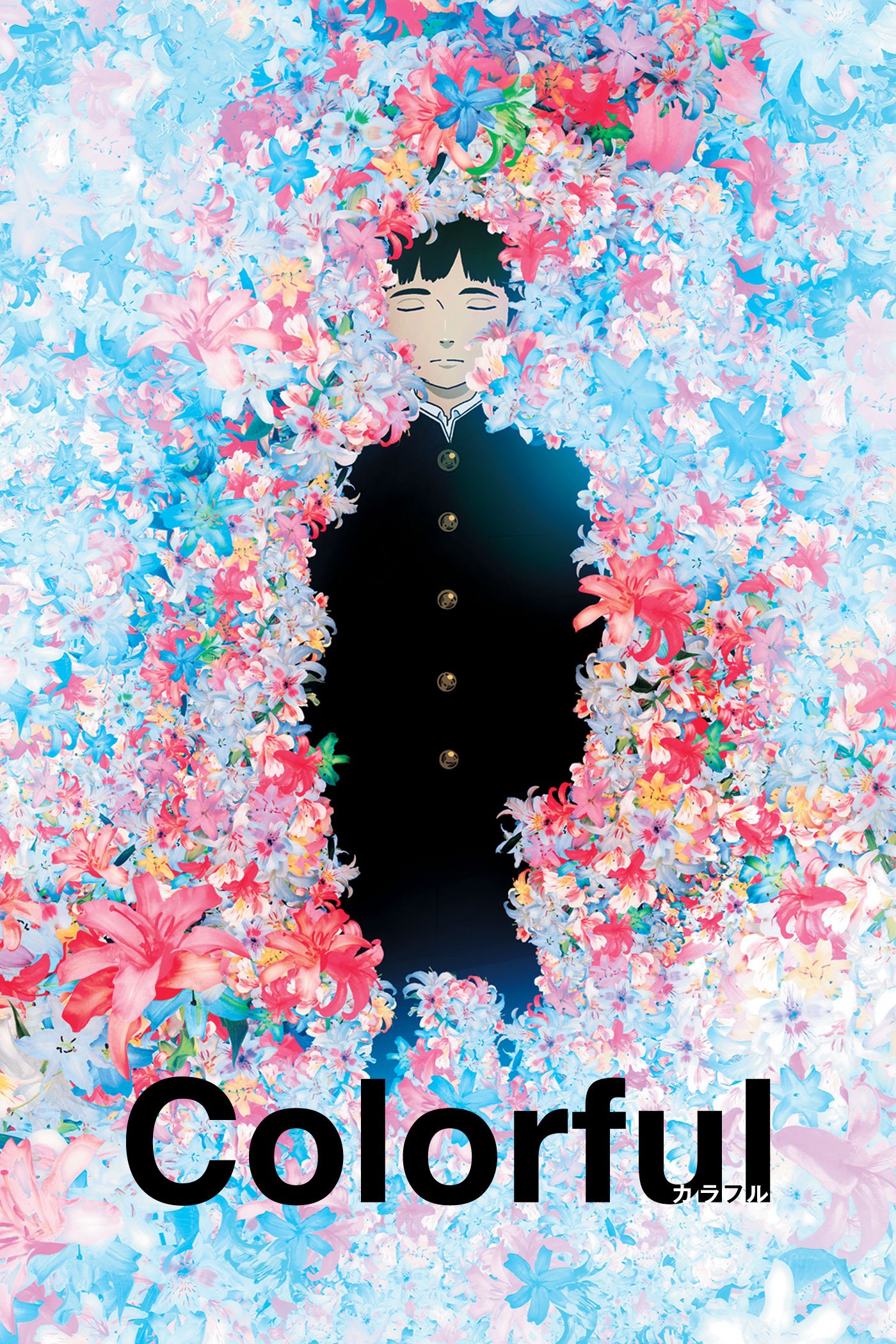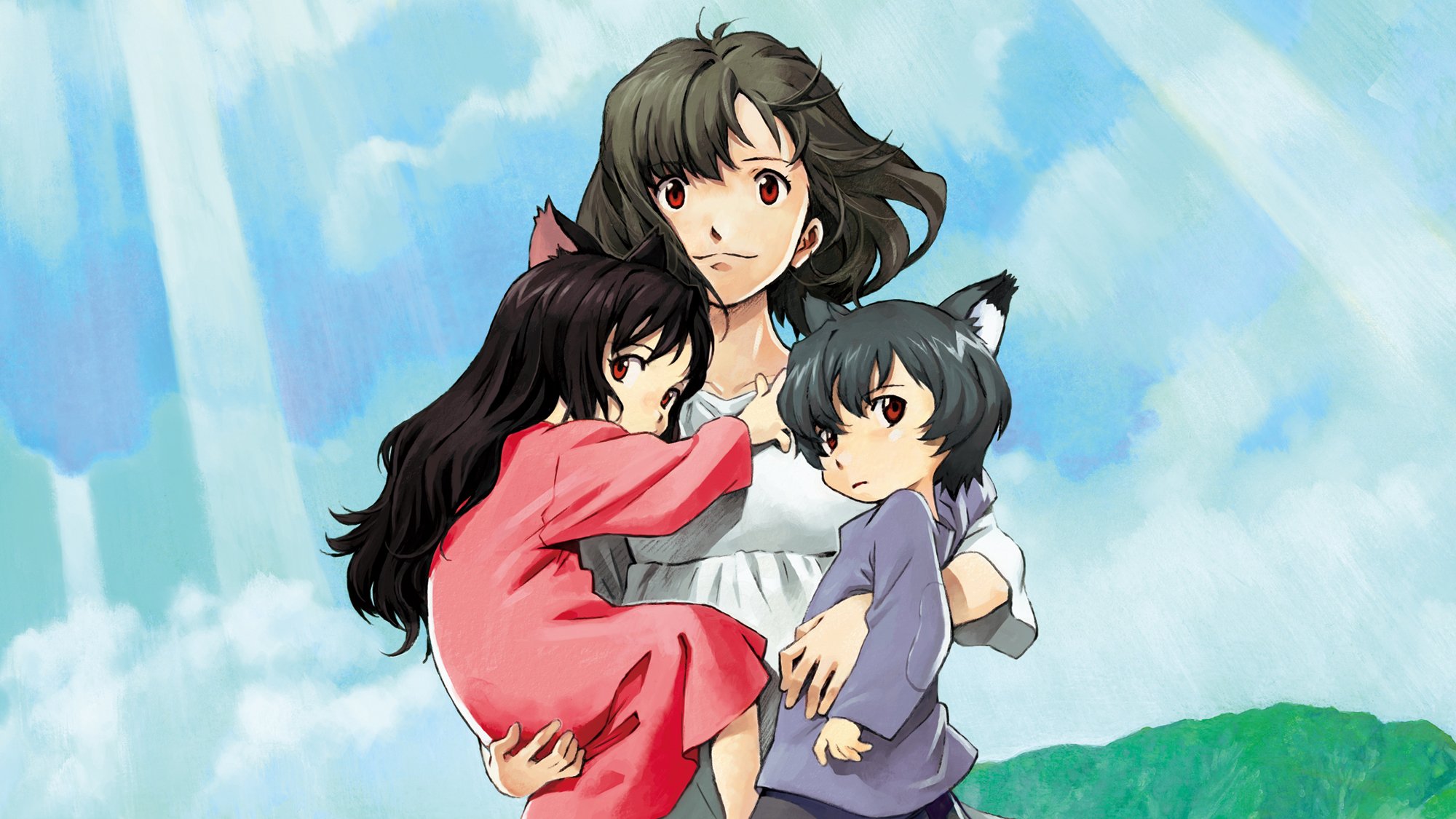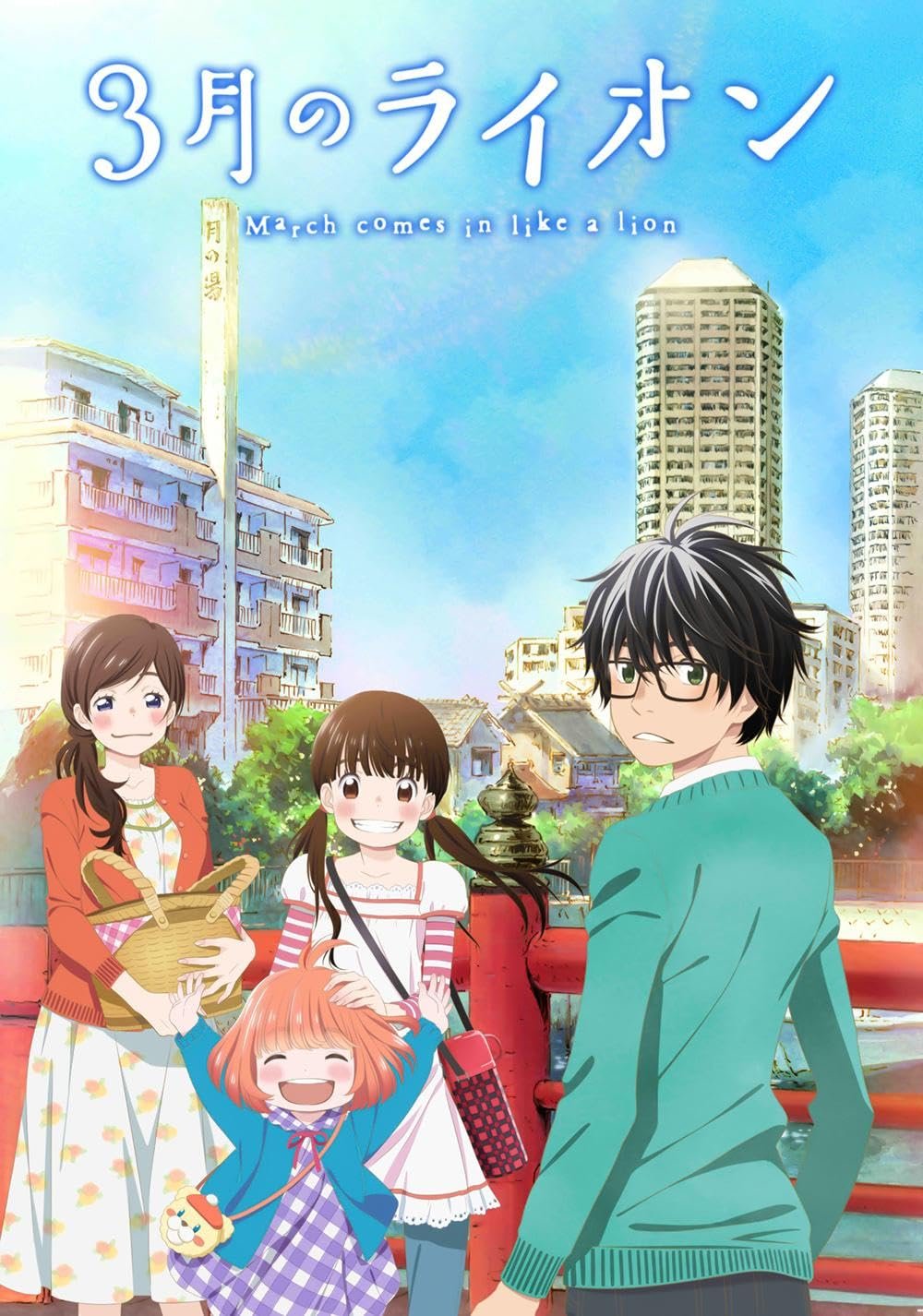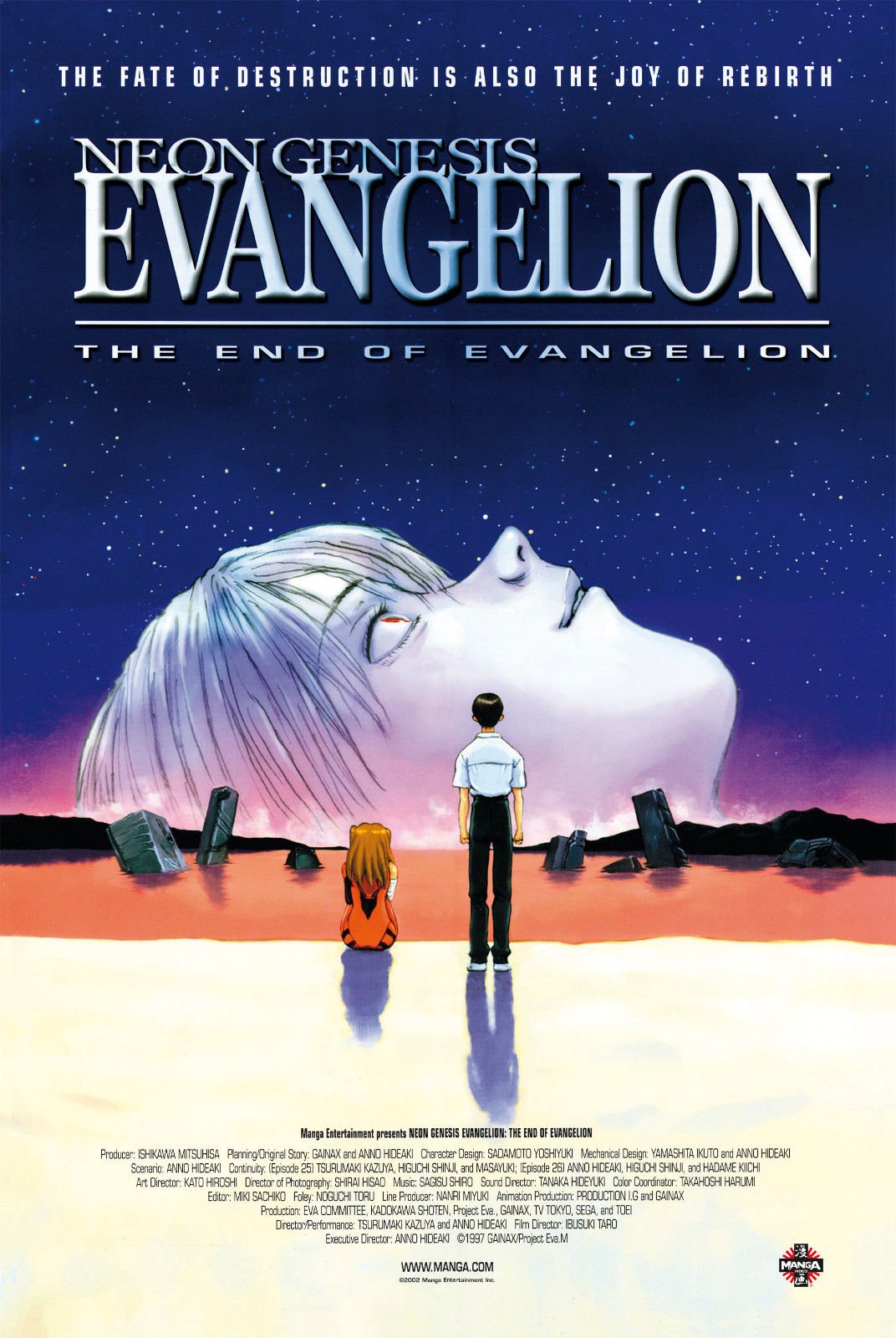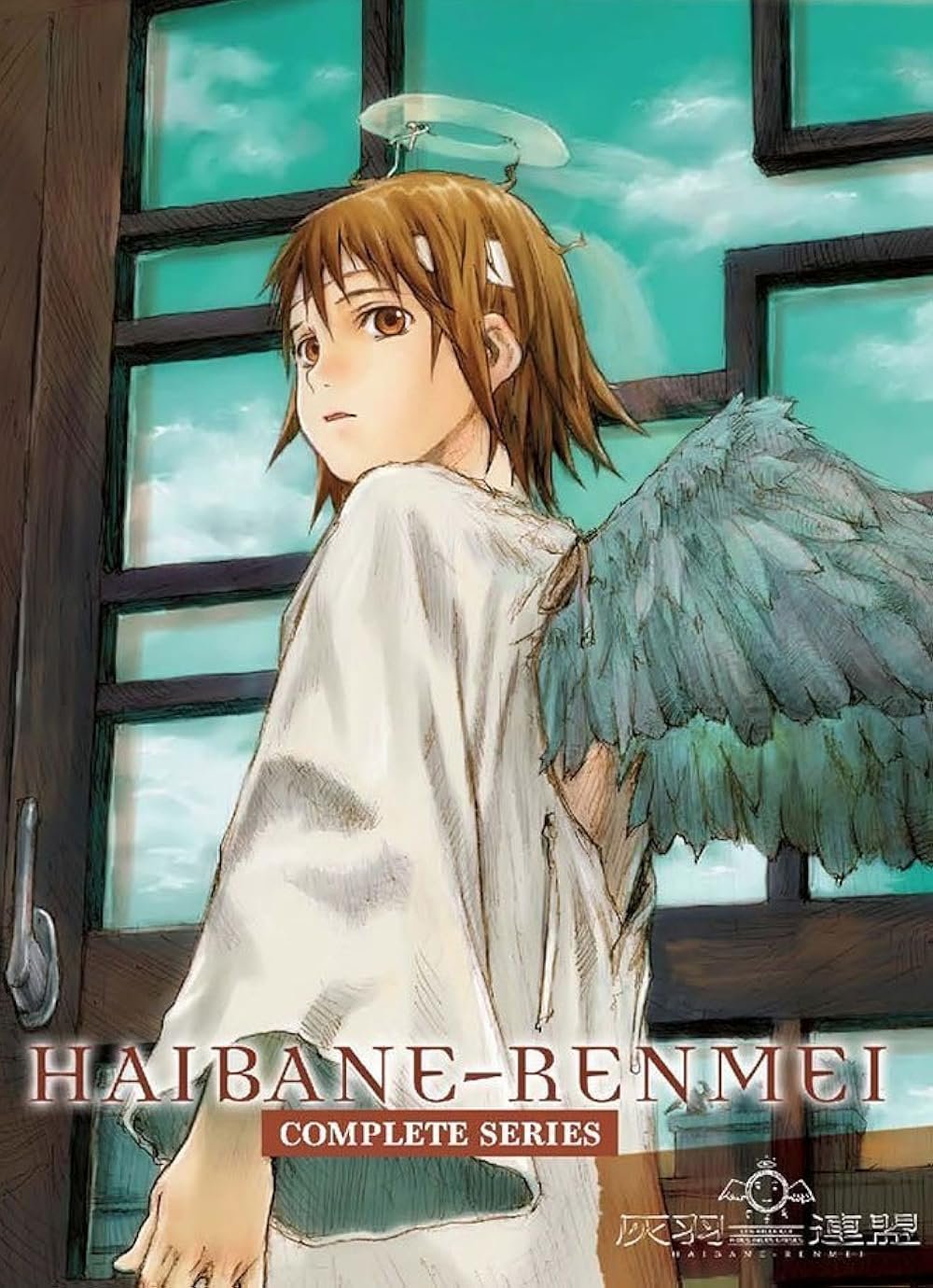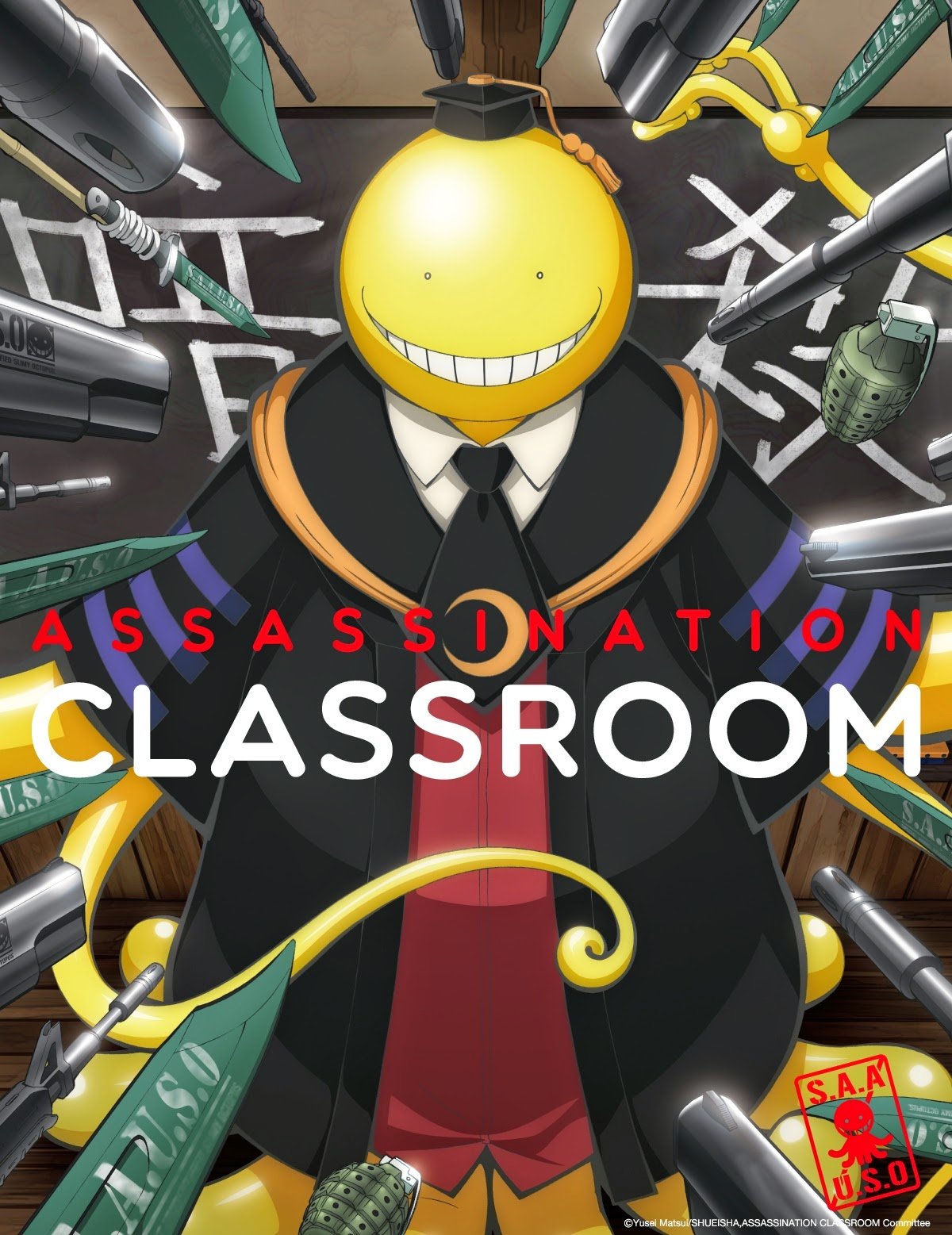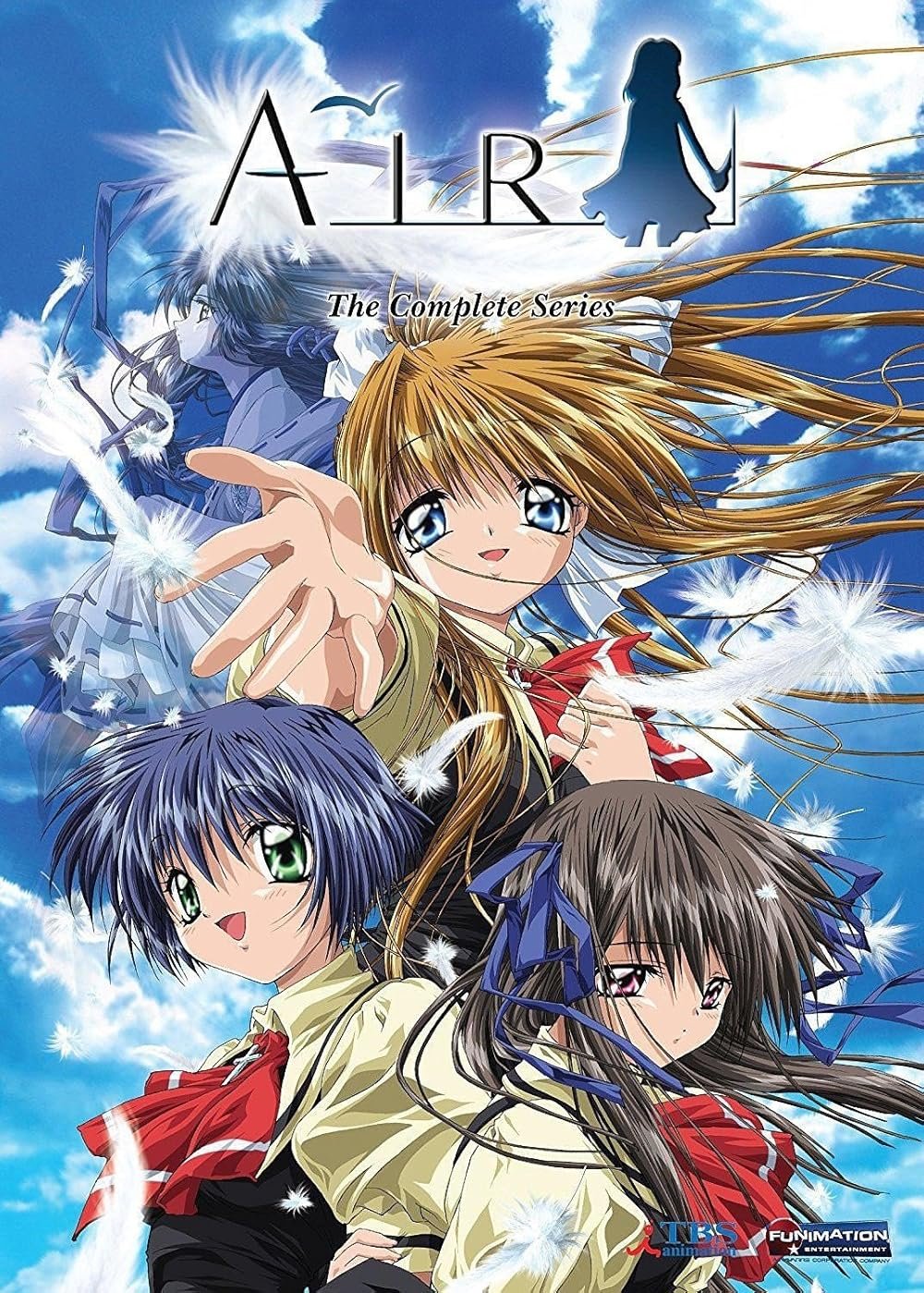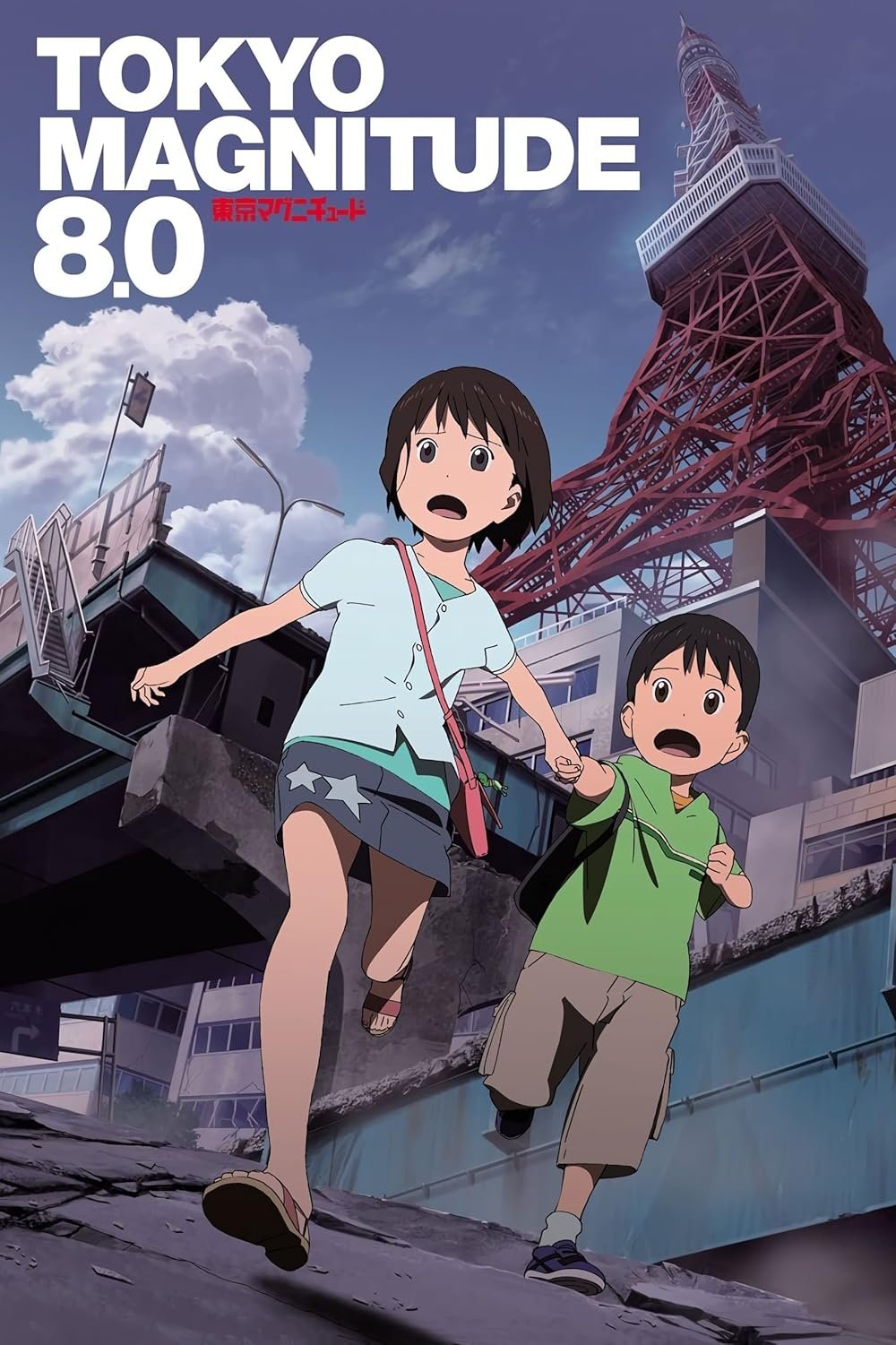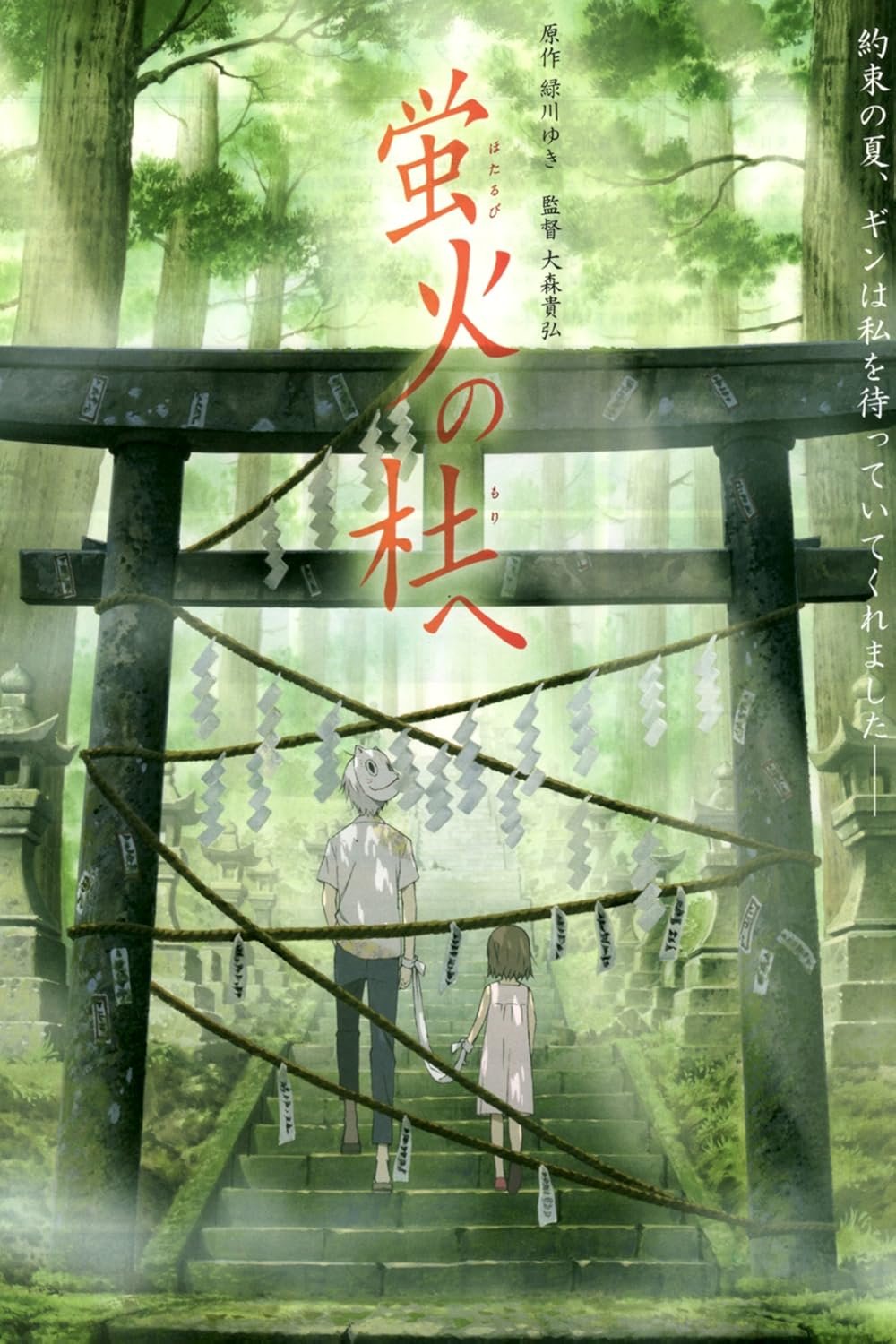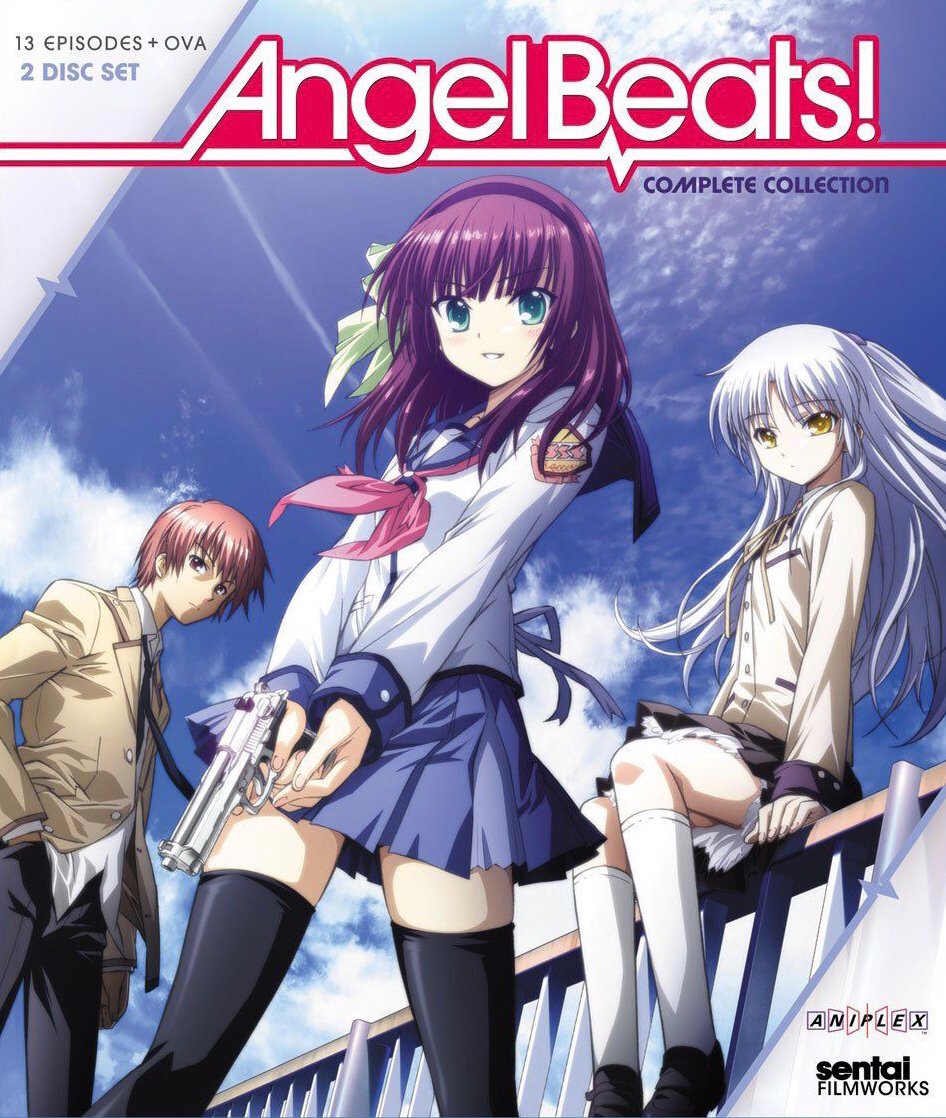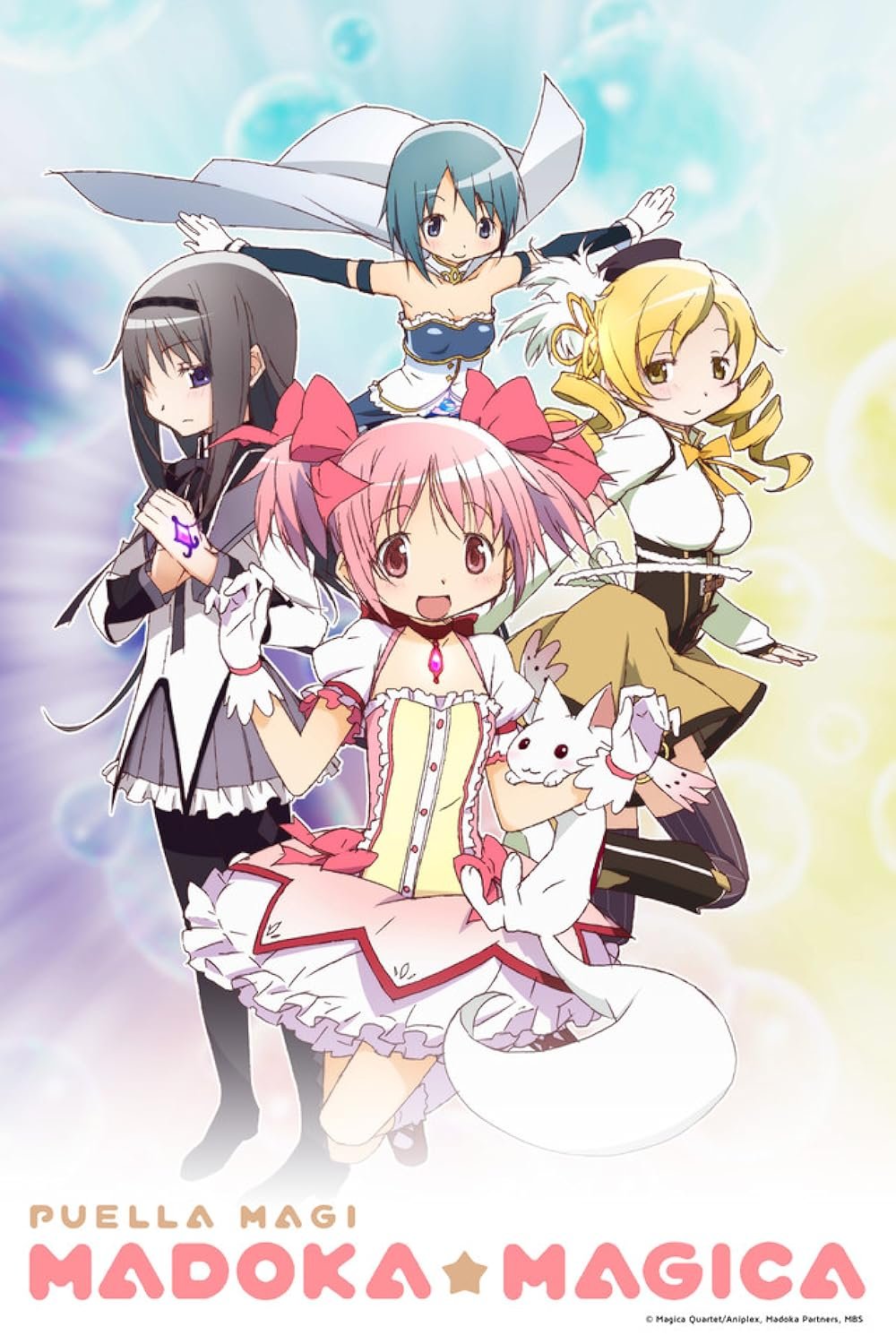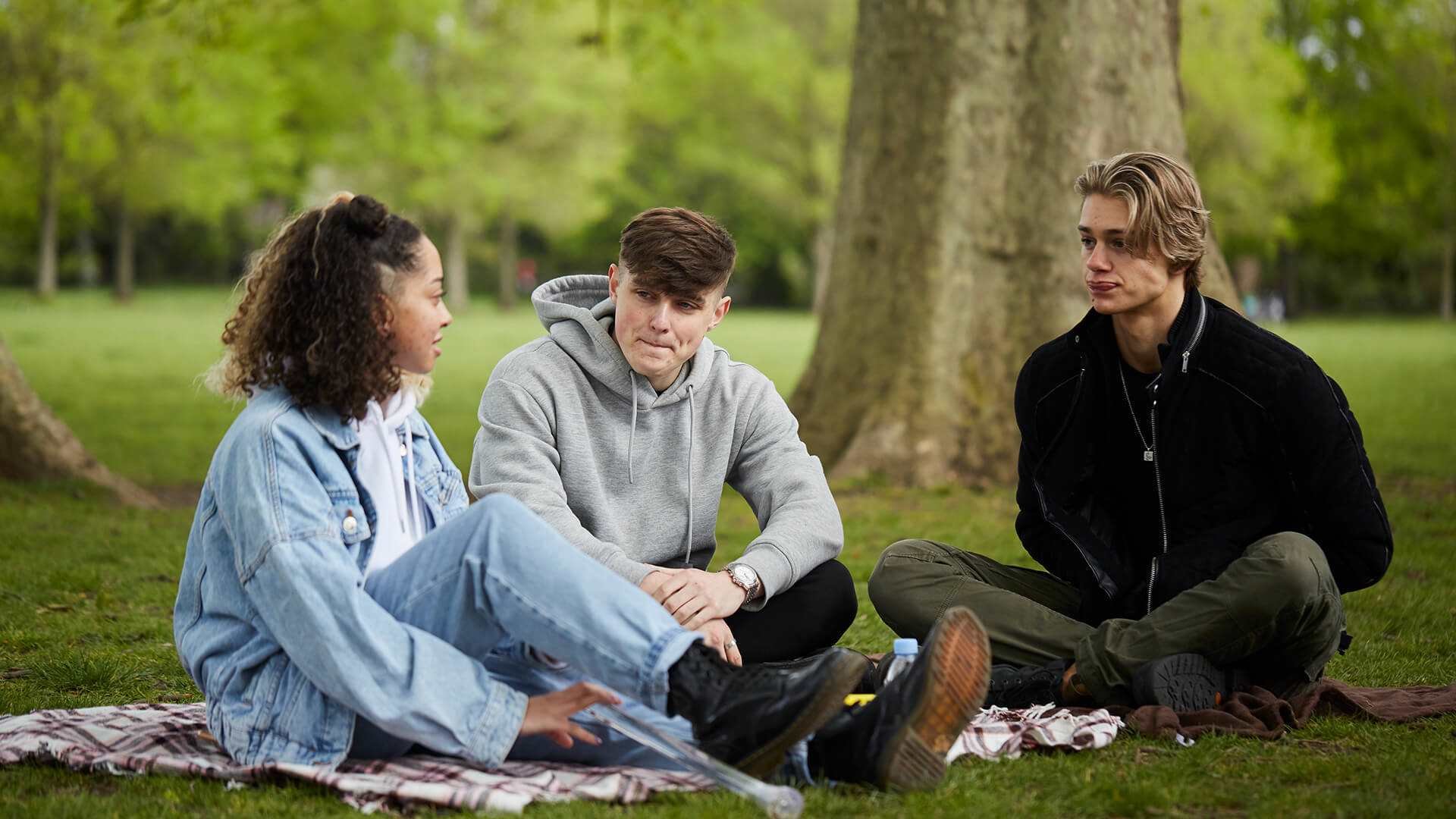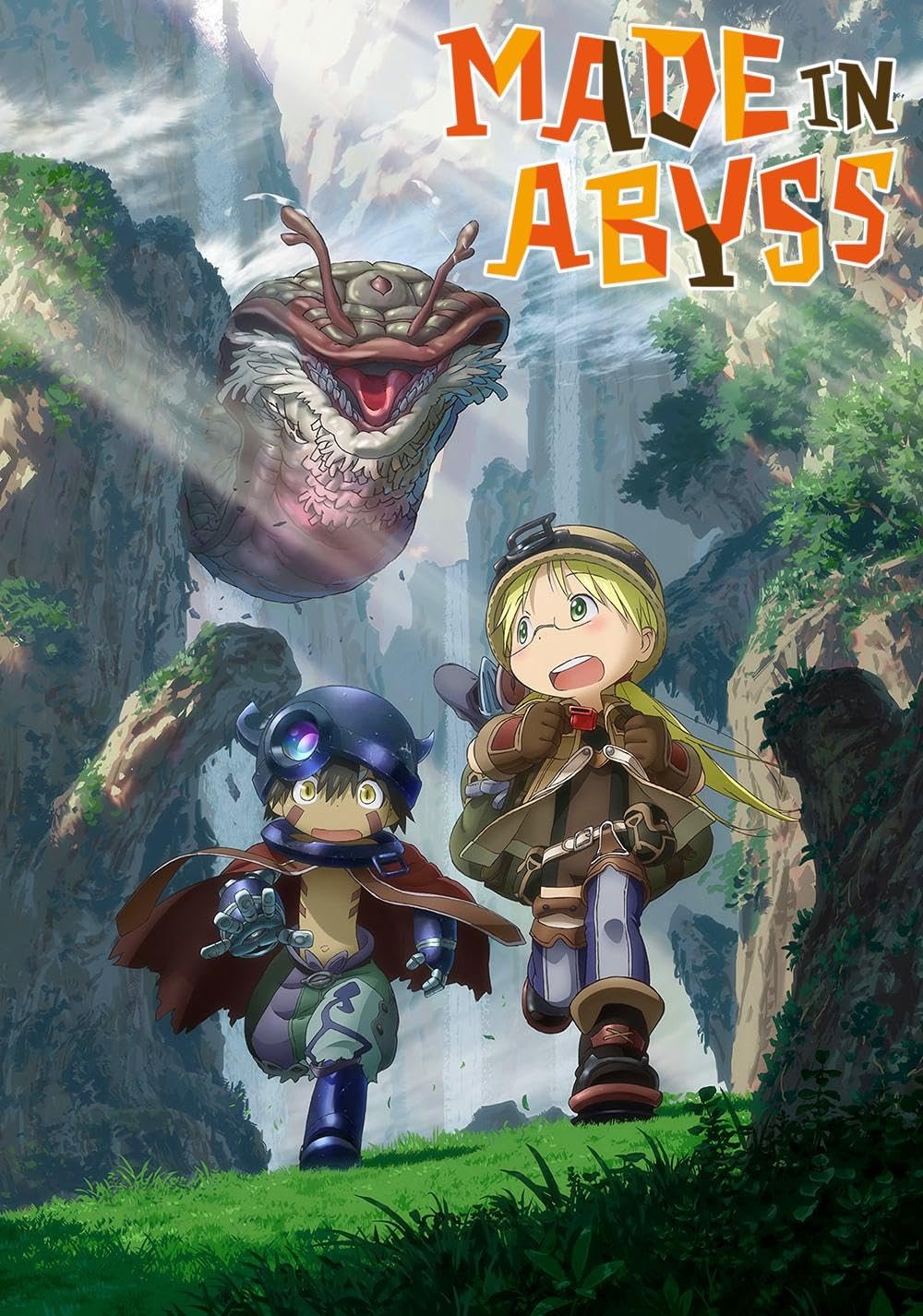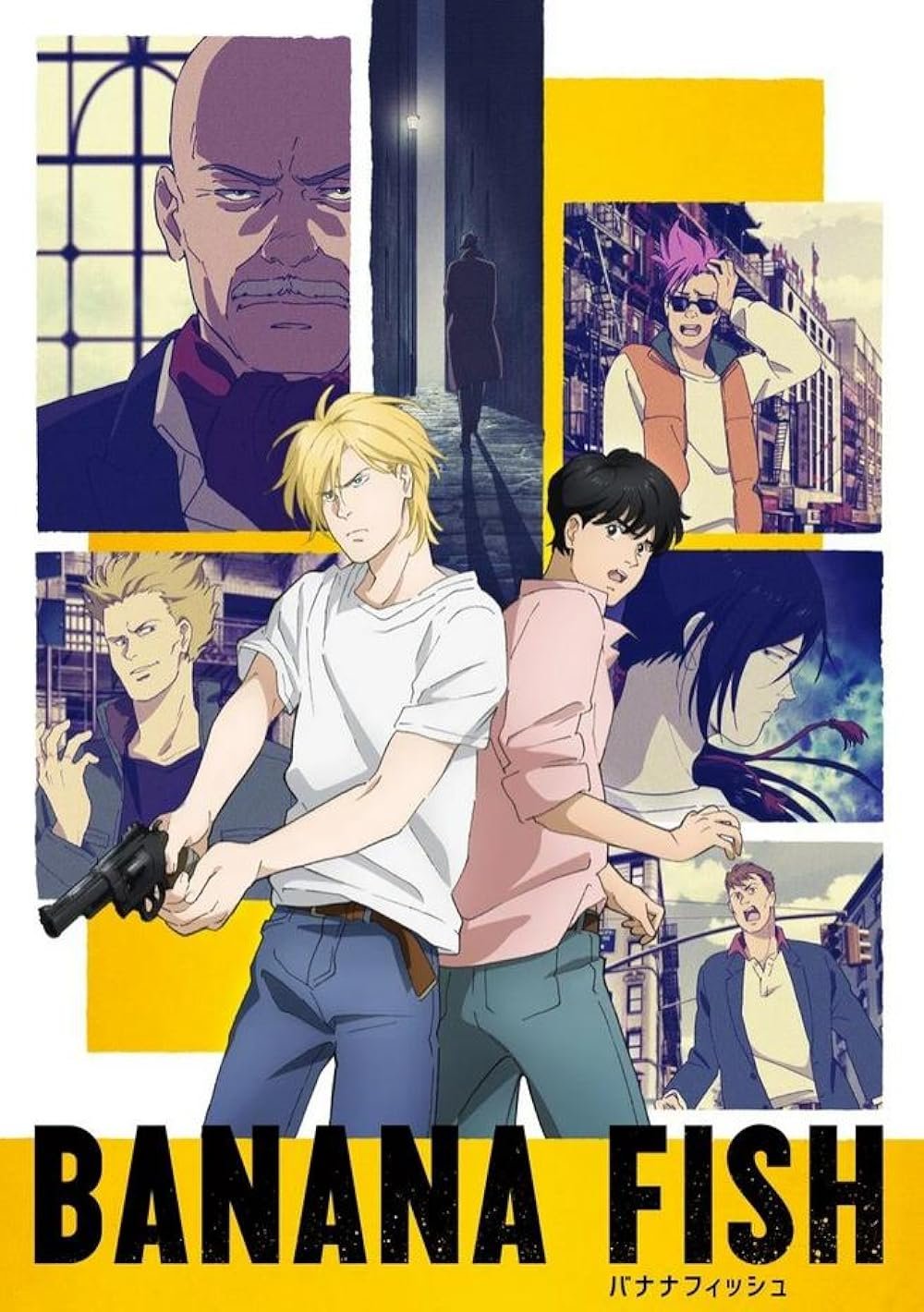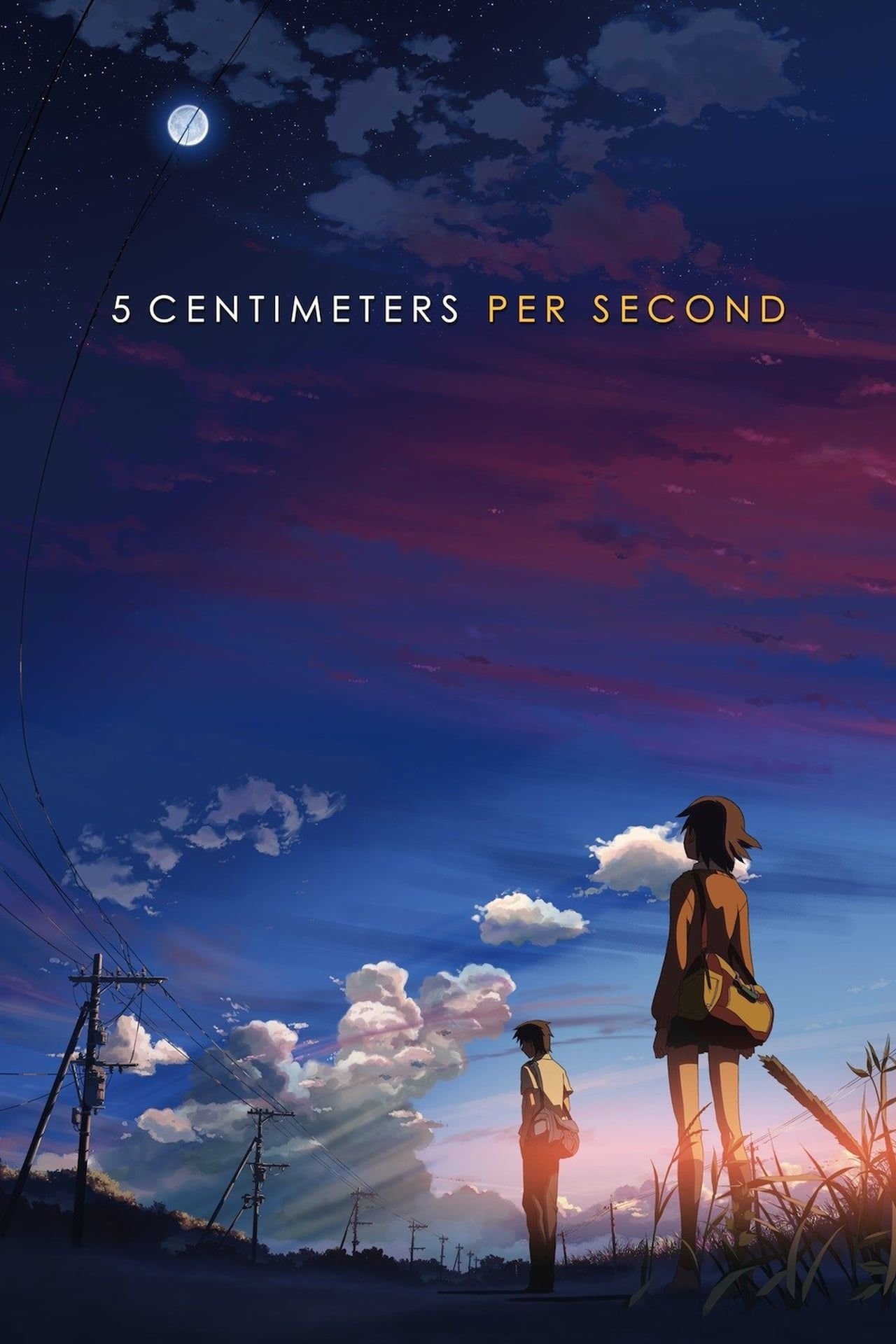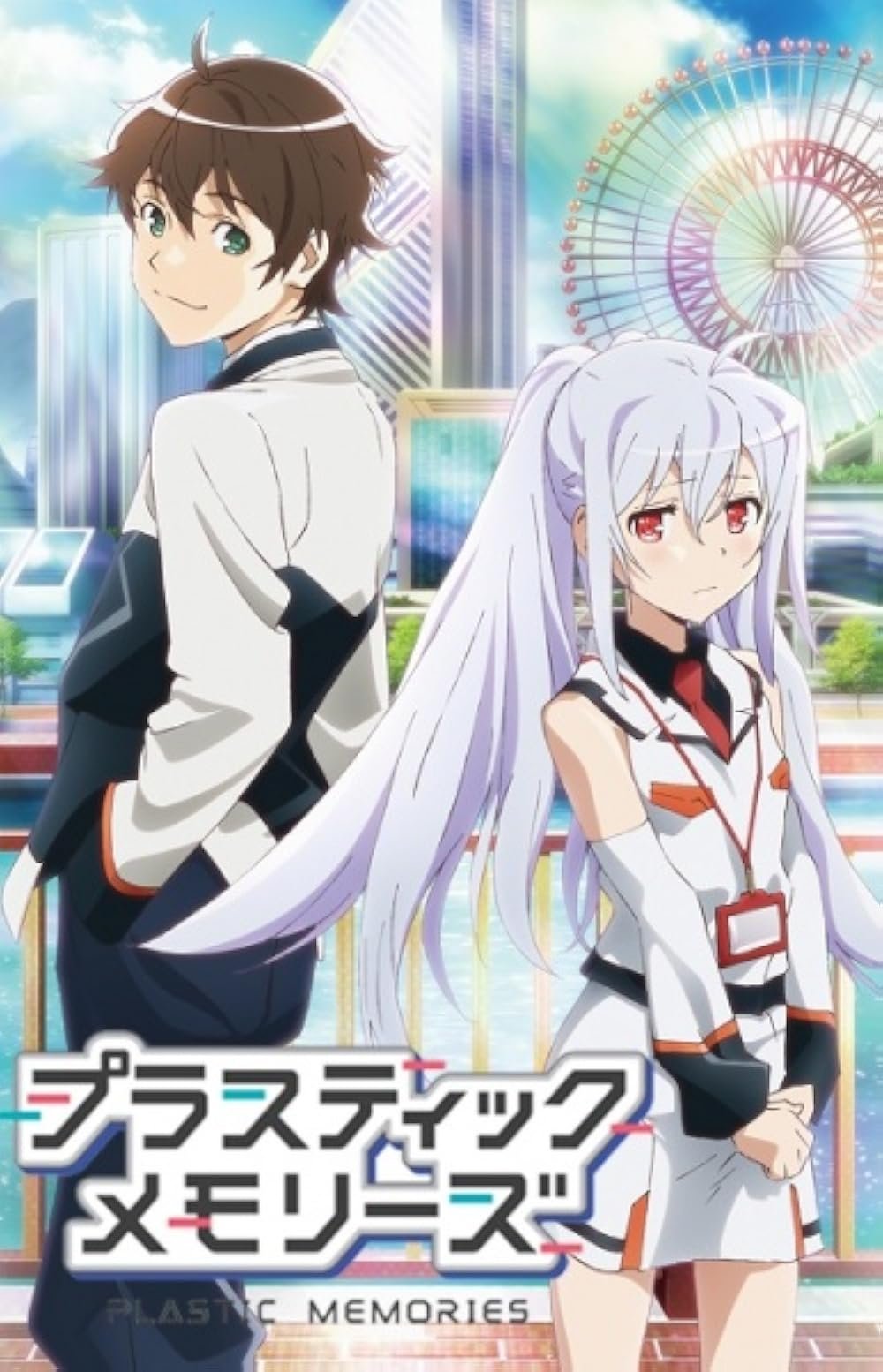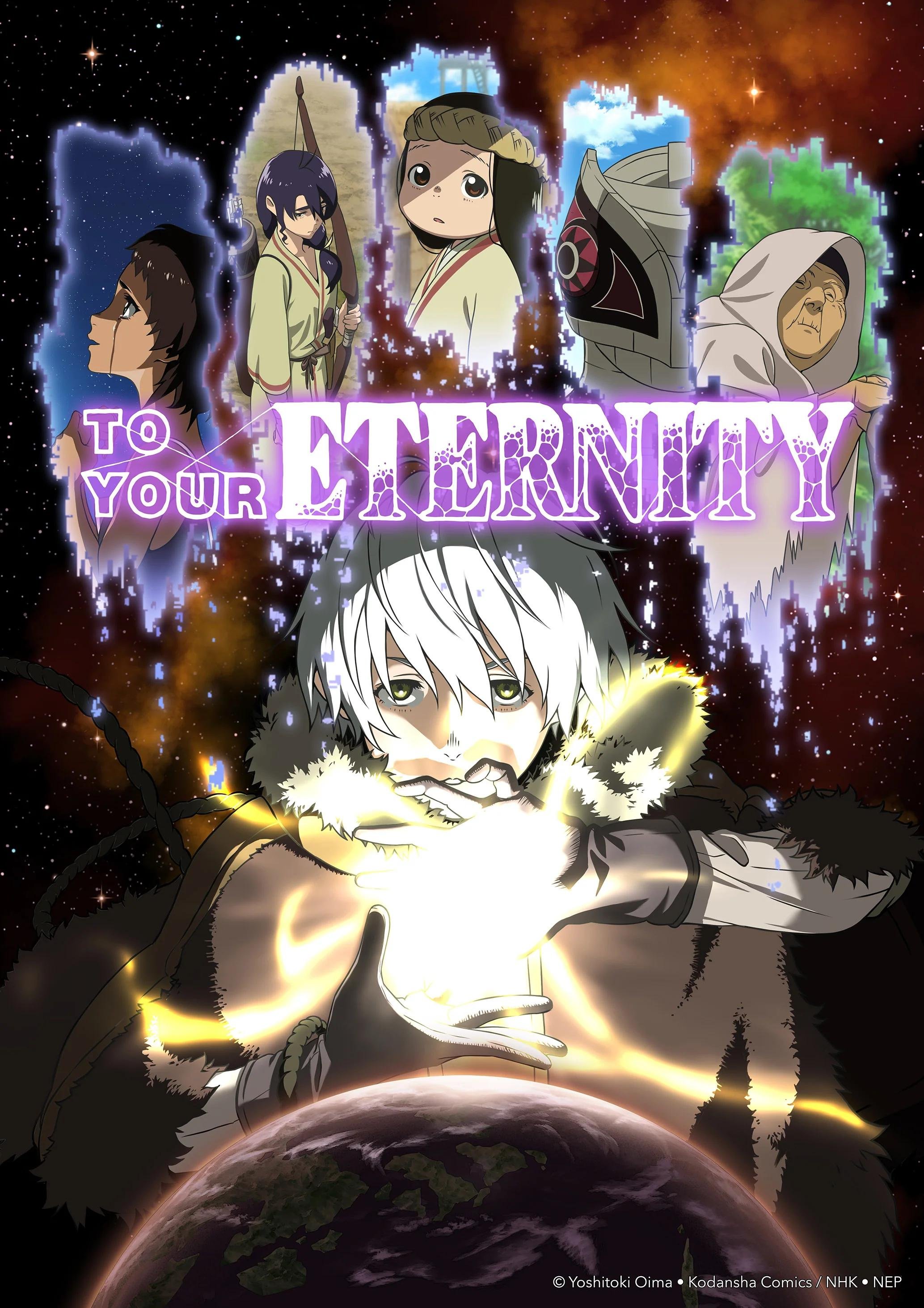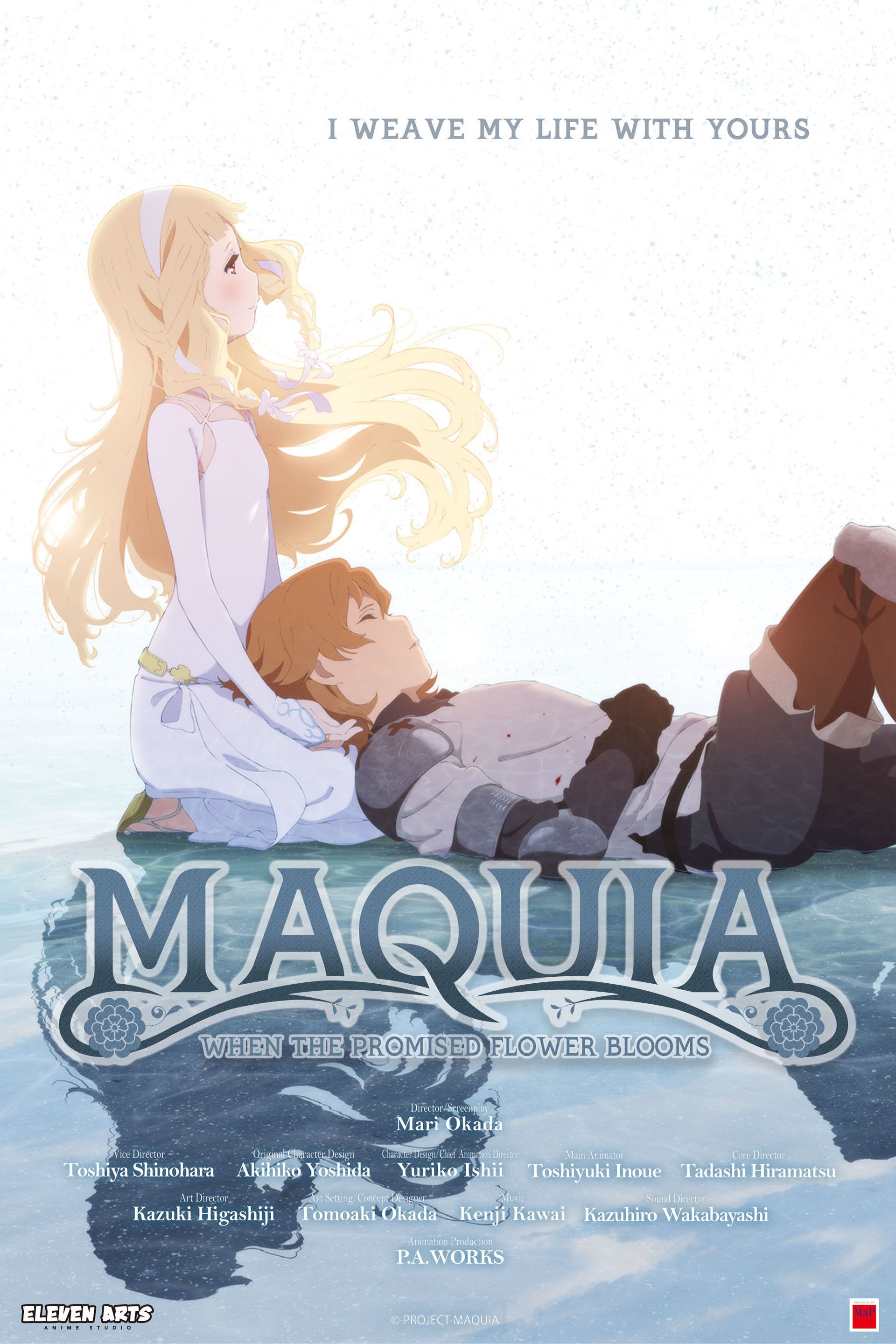Here is a countdown of sad anime that linger because they face grief, regret, or loneliness head on. The list starts at #25 and moves toward #1, mixing series and films that leave a heavy mark through earned emotion, not cheap twists.
Each pick balances story, character, music and pacing to build real weight. Expect spoilers for key turns, since the impact of these titles often rests on how loss and love play out.
#25. Orange
Orange follows a group of friends who receive letters from their future selves urging them to protect Kakeru. The story treats depression and survivor’s guilt with quiet care, showing how small choices can shift a life.
What stands out is how the letters push Naho and the others to act, yet they still stumble with fear and doubt. The drama builds through everyday scenes where support looks like speaking up, inviting someone out, or simply listening.
The show does not offer an easy fix. It frames prevention and healing as a chain of moments, the kind friends create when they choose to be present. That steady focus keeps the finale honest, not melodramatic.
#24. Cowboy Bebop
Cowboy Bebop carries a cool surface but lives on loneliness and missed chances. Spike, Jet, Faye and Ed drift together, then apart, each haunted by a past that never really lets go, no matter the bounty of the week.
The final stretch brings Spike face to face with the life he left. Music and framing do the heavy lifting, letting silence underline the cost of sticking to old ghosts. The show’s last note is famous for a reason.
“See you, space cowboy.”
What hurts most is the sense that connection was possible, just not sustained. That almost is where the show’s enduring melancholy lives.
#23. Colorful
In Colorful, a wandering soul is placed into a boy who died by suicide and must learn why he lost his will to live. The film peels back family secrets and quiet cruelties to ask what keeps a person here.
It refuses simple villains. Parents, classmates and the boy himself carry fault and pain and the soul must face the mess rather than float above it. The art keeps warmth in small details that ease the bleakness.
The ending finds grace in ordinary kindness. It suggests that a life is rebuilt through humble patience, apology and steady care, not grand gestures.
Colorful does not preach. It listens and by the time credits roll, that quiet approach has earned the film’s deep release.
It leaves you thinking about how many chances we miss to show empathy and how a single act can tip a day toward hope.
#22. Wolf Children
Wolf Children begins with love and moves into grief as Hana raises her part-wolf kids alone. It is a story about parenting through uncertainty and honoring who your children choose to become.
The rural shift gives the family space to grow. Seasons pass, problems change and the film finds beauty in work and routine. The sorrow lands when the children’s paths pull away from Hana’s needs.
By the end, the film accepts that love sometimes means letting go. That quiet acceptance carries the strongest ache, because every step forward costs a bit of shared time.
#21. March Comes in Like a Lion
Rei Kiriyama is a teenage shogi pro who can barely stand his own thoughts. The show tracks depression, burnout and recovery with a gentle eye, letting food, laughter and shogi slowly warm a cold room.
The Kawamoto sisters are the soul of the series. Their home offers Rei a place to rest, while Hina’s bullying arc becomes a mirror for his own hurt. Small victories feel huge because they are earned over time.
What moves you is how the show frames kindness as skill, built like shogi through many simple moves. The pain never vanishes, yet the world grows livable, which is its own quiet miracle.
Moments of relapse are treated honestly. Setbacks do not erase growth and that patient view makes the eventual light feel real.
#20. Neon Genesis Evangelion: The End of Evangelion
This film is a raw, apocalyptic companion to the series’ inner battles. It lays bare isolation, guilt and the fear of contact, pushing Shinji and the others to a breaking point in front of a collapsing world.
The imagery is searing, but the pain is intimate. Deaths carry weight and Instrumentality turns philosophy into loss you can feel. The final beach scene sits like a question you cannot ignore.
There is no neat answer about who we are together. The film chooses discomfort so the choice to live among others feels earned, if always fragile.
#19. Haibane Renmei
Haibane Renmei takes place in a walled town where haloed girls and boys live by quiet rules they do not fully understand. Its sadness is the weight of guilt and the fear that forgiveness will never arrive.
Rakka and Reki’s bond anchors the show. Their journeys turn abstract ideas into tender choices made in small rooms, with charcoal under the fingernails and a clock ticking softly in the corner.
The Day of Flight offers release that hurts and heals at once. The show’s grace is its soft touch, trusting the viewer to sit with silence.
When it ends, it feels like waking from a winter nap, warmed yet still aware of old aches.
#18. Assassination Classroom
The premise is wild, but the heart is simple. A class bonds with a teacher they are meant to kill and the final decision mixes love with duty in a way that leaves a long bruise.
Koro-sensei makes struggling kids believe they have value. Each student gets space to grow, so the graduation carries the full weight of a goodbye you can neither avoid nor rush.
The ending respects the cost of learning. The class leaves stronger, yet they carry a mark that shapes who they become, which gives the show its honest tears.
Humor never undercuts the core. It keeps the path bright enough for the final lesson to land.
#17. Air
Air weaves summer warmth with an old curse, following Misuzu and the drifter who stops in her town. The sadness grows from fate pressing down on a fragile body and a kind heart.
Light music and soft colors make the turn hit harder. Each attempt to break the pattern feels brave yet thin and you feel how little control they have over the coming ending.
By the close, love looks like staying beside someone through decline. It is gentle and crushing at once, which is why it lingers.
#16. Tokyo Magnitude 8.0
This series treats disaster with stark respect. Two siblings try to get home after a major quake and the trip strips life down to water, shelter and hope.
The show’s most painful turn is revealed with restraint. Memory, shock and denial fold together until the truth settles in like heavy air. It is upsetting because it feels possible.
There is no triumph here. What you get is admiration for first responders, neighbors and the small acts that pull people forward when everything else has fallen down.
It ends on a quiet note that honors grief without pretending it teaches a neat lesson.
#15. Hotarubi no Mori e
A girl meets a forest spirit she must never touch and they return each summer. The setup is simple and the rule is cruel, which is why the final moment breaks so cleanly.
The film is short, all pauses and soft sound. It trusts the audience to feel what is lost when a ritual ends and a promise cannot hold forever.
Because the story is so light, the weight sits on a single choice. That focus makes the ache sharp and lasting, not sentimental, just quietly final.
#14. Angel Beats!
Set in a school for souls with regrets, Angel Beats! mixes jokes with grief. The class fights the rules, then learns that moving on means facing what they could not accept in life.
The best episodes give side characters time to reveal their pasts. Music swells, friends listen and the goodbye lands with the right kind of sting.
The last reunion scene is soft and hopeful. It closes the door on pain without erasing it, which keeps the show’s heart intact.
It is uneven, but when it hits, it hits. The memories you keep are the ones that teach quiet mercy.
#13. Puella Magi Madoka Magica
This series flips the magical girl setup and shows the cost behind wishes. The truth about witches and contracts reframes cute masks into grief engines.
Homura’s loops grind hope down to a thin line, which makes Madoka’s choice both tragic and freeing. The show’s collage style and music turn despair into striking art.
The finale offers a kind of salvation that still asks a price. It is bittersweet and that tension is the show’s lasting power.
Also Read
10 phrases that sound supportive but are actually a subtle sign of manipulation
#12. Made in Abyss
Curiosity drives Riko and Reg downward, but the Abyss only gives after it takes. The pain is physical and moral, with injury and hard choices framed against breathtaking views.
The story’s cruelest arc centers on friendship and the urge to end suffering. It is upsetting because the kindness on display cannot undo damage, only ease it.
Hope comes from bonds that resist the pit’s logic. The contrast between childlike wonder and harsh rules creates a lasting scar that defines the series’ tone.
The more you see, the more you understand the title’s promise. The Abyss does not forgive, but it reveals what people will do for love.
Also Read
10 Phrases That Sound Supportive But Are Actually a Subtle Sign of Manipulation
#11. Banana Fish
Banana Fish pairs a gifted gang leader with a gentle photographer and lets them try to survive a violent web. The show is frank about trauma and the limits of escape.
Ash and Eiji’s bond is the light. Letters, glances and shared plans hint at a future the world will not give them, which makes the ending land with plain cruelty.
The last episodes refuse tidy comfort. What remains is the sense that tenderness can change a life, even if it cannot change the system that breaks it and that truth is devastating.
It leaves you holding on to the words that survive when people do not, a small but real gift.
Also Read
People With Low Emotional Intelligence Often Miss These 6 Social Cues
#10. 5 Centimeters per Second
This film trilogy tracks a first love that time and distance grind down. Trains, messages and missed meetings add up to a portrait of slow, ordinary loss.
The beauty is precise. Snow, petals and city light frame the gap between what people want and what they can reach, turning silence into speech.
The ending does not punish or reward. It simply notes that some connections fade and that thought sits with a quiet ache long after the song ends, which is the film’s point.
#9. Plastic Memories
Giftias are androids with fixed lifespans, so every bond comes with a date. The show asks what it means to love when the end is scheduled.
Also Read
8 Weird Habits You Don’t Realize You Have From Growing Up In A “We Can’t Afford It” Household
Tsukasa and Isla’s time together builds through chores and routine. That normalcy makes the final days feel close, the way a clock grows loud in a quiet room.
The series argues for presence over fantasy. It says that even short love can be complete and that belief turns the farewell into a heavy but gentle truth.
Its sadness is clear-eyed. Nothing breaks, nothing is fixed, but what was shared remains theirs.
#8. To Your Eternity
An immortal being learns by copying forms and losing people. Every arc teaches Fushi a new shape of love and the cost that follows.
Also Read
10 Phrases That Sound Supportive But Are Actually A Subtle Sign Of Manipulation
Because he cannot die easily, the story shows grief from the outside and the inside. He absorbs skills and memories, but must still face the silence left behind.
The most moving parts are simple meals, shared plans and small promises that time breaks. Those quiet scenes make the later blows feel earned and deeply human.
It hurts because Fushi keeps going. Survival without forgetting becomes the show’s core task.
That task is heavy, yet it builds a moral spine that guides him toward better choices.
Also Read
8 Cringey Phrases Older Relatives Use at Family Dinners That Younger Guests Dread
#7. Maquia: When the Promised Flower Blooms
Maquia leaves her long-lived people and raises a human boy she finds as a baby. Time bends their bond, turning joy into sorrow as years split their paths.
The film is filled with tender work: sewing, washing, waiting. Those acts build a life that looks plain but carries deep meaning, which is why the final reunion cuts so hard.
